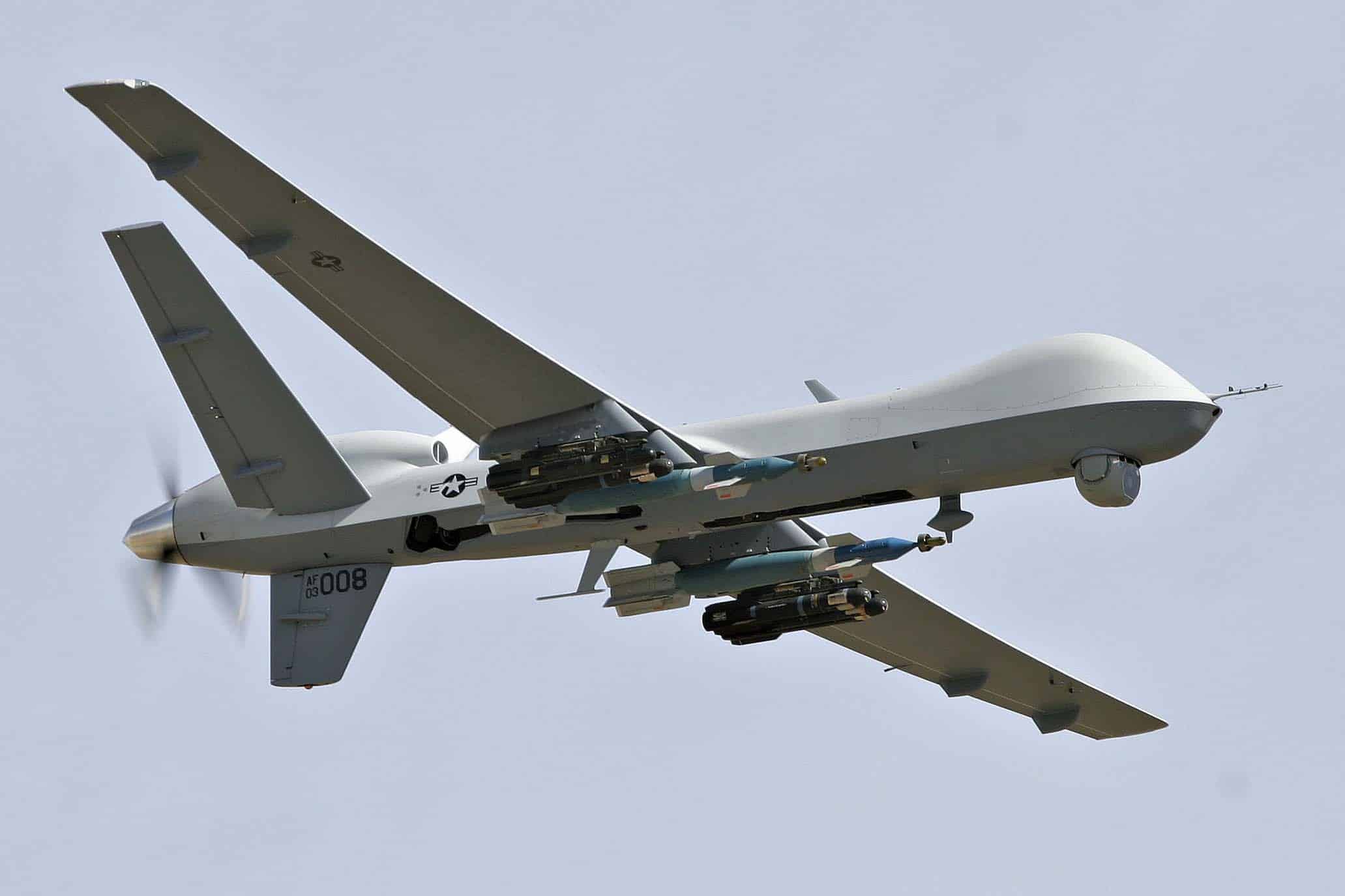International Law has prevented States from resorting to force and armed measures are authorized under few exceptions. Item 1 Article 1 of the United Nations Charter refers to the prevention of the acts of aggression and item 4 of Article 2 stipulates that “All Members shall refrain in their international relations from the threat or use of force against the territorial integrity or political independence of any state, or in any other manner inconsistent with the Purposes of the United Nations”. Item 4 of Article 2 has not only prevented the practical resorting to force but also included the declaring or practicing military threats among the cases of the legitimate right to defense or advocated by the United Nations Security Council.
As mentioned earlier, the principle of preventing the use of force has also exceptions that are often referenced for justification of aggressive or interventionist parties in other countries. Legitimate defense is one of them which was referred to in Article 51 of the Charter, the defense which has to have the collective conditions such as” launching an armed attack against the territory of a country and observance of the condition of necessity and proportion. The second exception on preventing the use of force is the international military operation. According to Article 42 of the Charter, “Should the Security Council considers that measures provided for the Article 41(severance of diplomatic relations and economic chastisement) would be inadequate or have proved to be inadequate, it may take such action by air, sea or land forces as may be necessary to maintain or restore international peace and security”.
Now, in the Panjshir case, it is not clear which argument has let a foreign power to authorize itself to take action against one of the parties of an internal crisis? If the drone attack attributed to Pakistan is proven, this country should declare what was the authorization to launch a military operation against another country? Even if the action was made on the basis of the Taliban demand, as its government has not been internationally recognized, it isn’t a good reason to justify the action taken by a foreign state because International Law recognizes the interference of a foreign state into an internal issue of another country merely based on the invitation and demand of an official and established government.
Such actions are in contrast with the present principles, tradition, and legal procedure of international law and must be protested against quickly. In the case of Afghanistan, where there is no established government, such an act must provoke an international reaction, because a blatant violation of international law and an obvious effort to interfere in the internal affairs of another Member of the United Nations has occurred.
Interference of a country in an internal crisis of another country will have responsibility for the intervening country. If Pakistan assumes responsibility for the drone attack against Panjshir, it means that as an ally of the Taliban forces, Pakistan will be remarkably accountable for the measures and performance of the group in Afghanistan.
If we refer to the Case Concerning the Military and Paramilitary Activities in and against Nicaragua versus the United States of America at International Court of Justice (ICJ) 1986, then Pakistan must remain accountable to every and individual illegal actions of the Taliban forces.
If Pakistan’s responsibility in the present crisis of Afghanistan is substantiated, then the goodwill of the country in proceeding with the peace talks of Afghanistan will be questionable. The country shall not be able to involve itself as an impartial and eligible party in the efforts of mediation to settle peace and security in Afghanistan.
Today, when International Law has turned to become a lost element in international relations, and it is the logic of power that governs these relations, there is, perhaps, no doubt why the responsible agencies in this field such as the UN, its Secretary-General, and even regional or Islamic organizations show no movement to retain their right position in handling cases like this. They confined themselves to be just onlookers of the present situation.
It should not be forgotten that an organization like the UN Security Council on the basis of the same power logic after the collapse of the former Soviet Union argued the extensive interpretation about the concept of international peace and security, and interrelated the “internal peace” with “international peace”. Thus, felt responsible and incumbent upon events such as violation of human rights and humanitarian tragedies within the authority of governments and even took military intervention in countries where such violations of humanitarian rights occurred.
Despite what was said earlier, it should not be forgotten that measures taken by governments in misusing calamitous and crisis-stricken situations of another country contrast with the spirit of international law and the life of the international community.










0 Comments